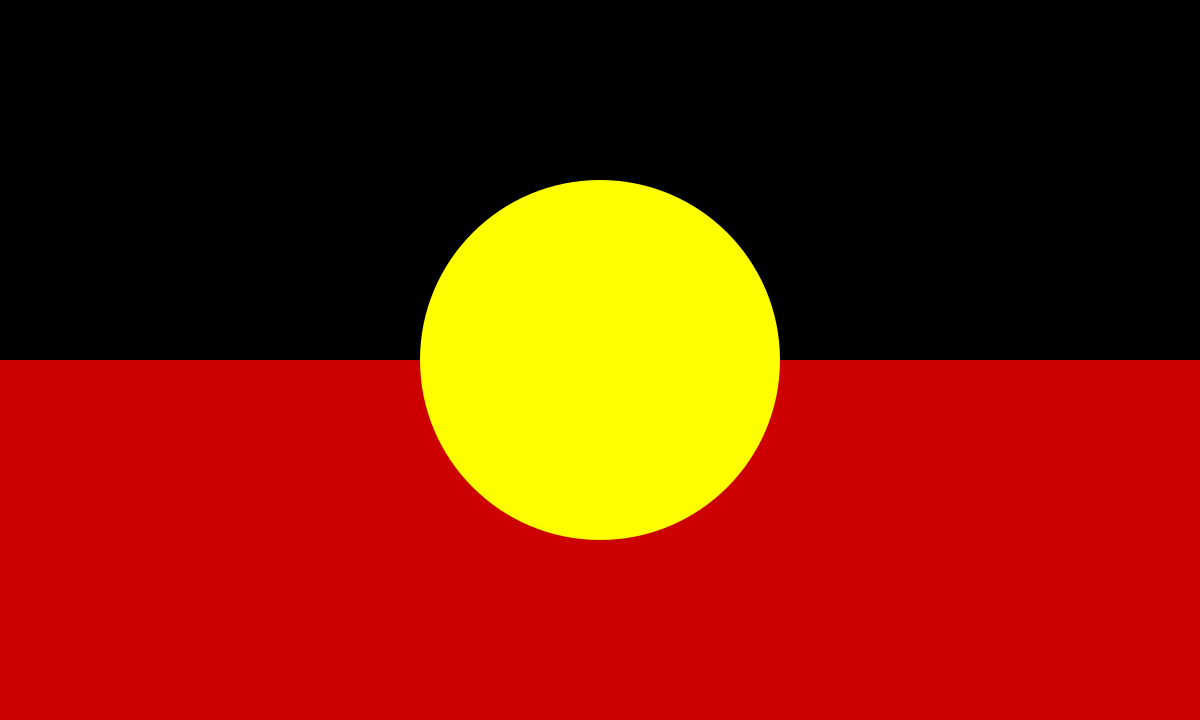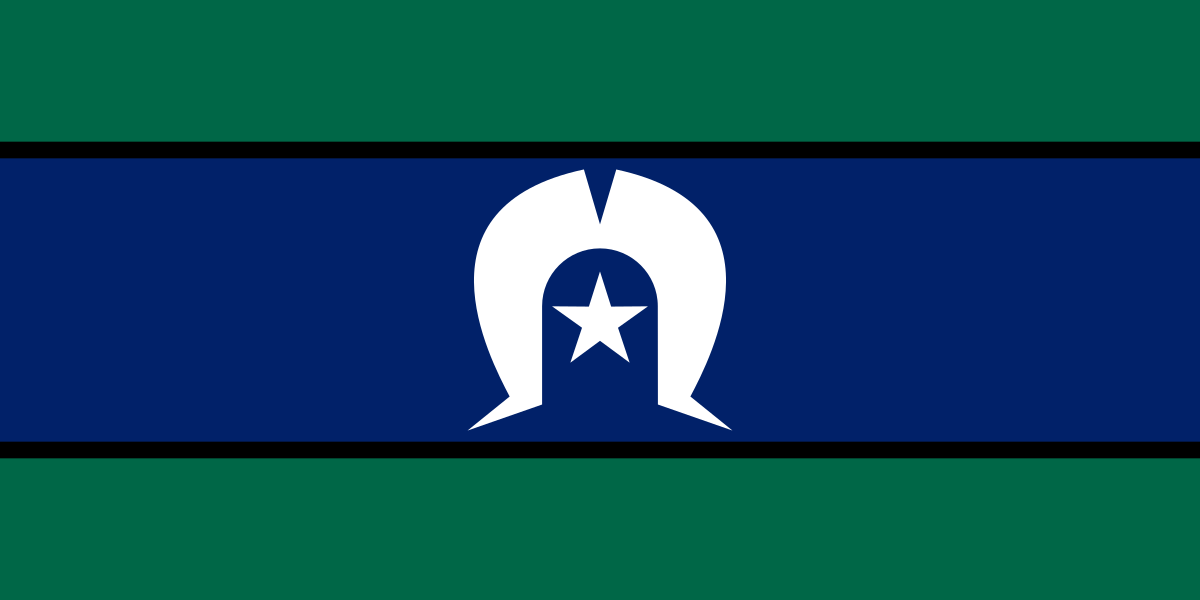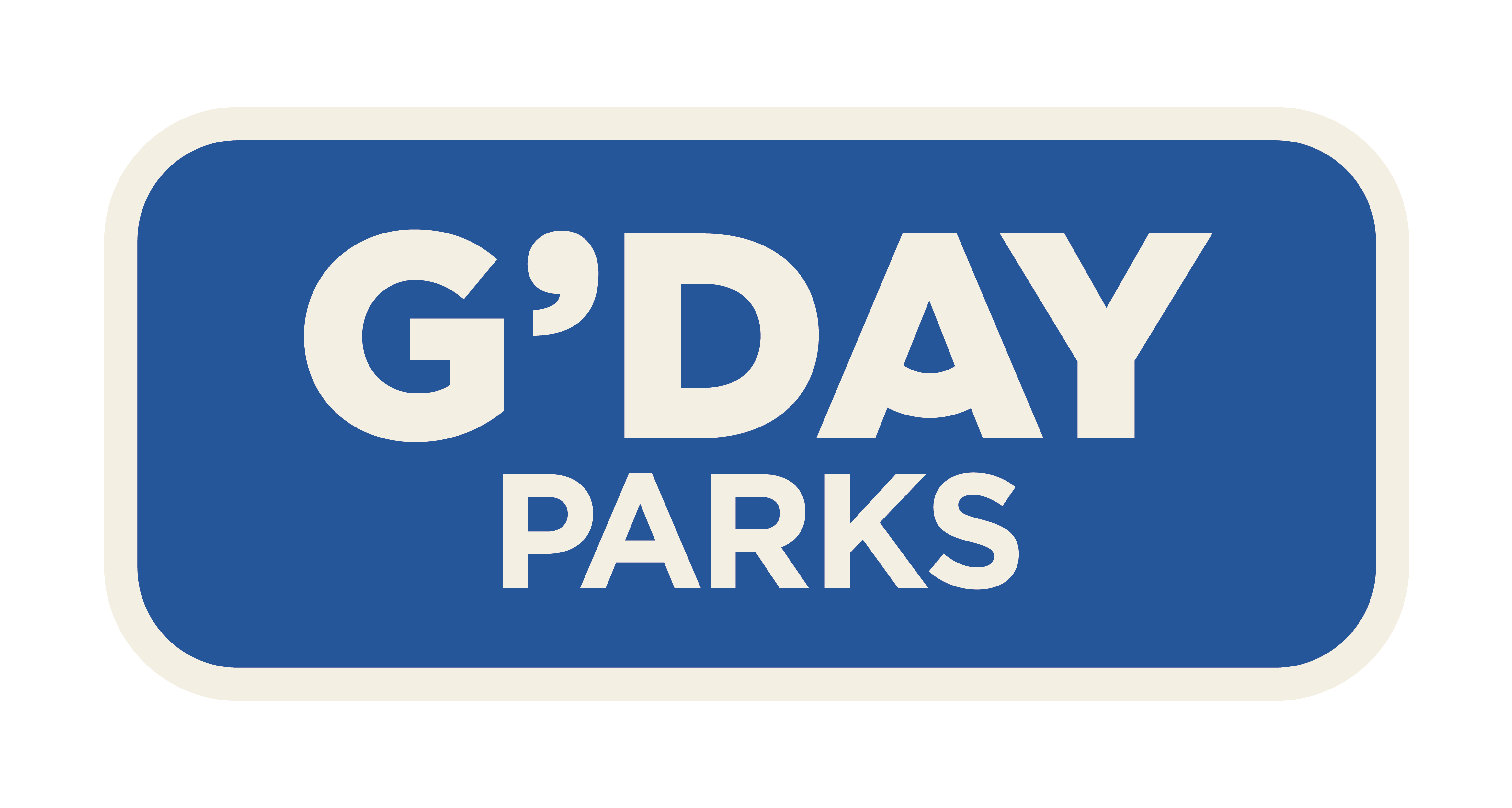Prevention is key when it comes to RV maintenance and being prepared is the best way to get out of a potentially sticky situation. Follow those two rules and you’re well on the way to avoiding a bumpy ride on your next road trip.
If you’re mechanically minded, you’ll know there are things that need to be checked and tested to make sure it’s all smooth going on the road. If you’re like me and know as much about mechanics as you do about quantum physics, breathe easy—there are people who can help.
As well as keeping up with regular services, we go to our trusted RV mechanic for a pre-trip check-up—especially if it’s a big trip. It’s like going to the doctor to make sure everything is working as it should and that there are no warning signs. Our mechanic checks everything from oil and fluid levels and filters to bearings, brakes, belts, hoses, and suspension. He has a checklist, ticks off everything that has been inspected, and then gives it to us.
On the road, we keep a look-out for warning signs as well. It can be as simple as a dash light indicating something needs checking. If there are odd noises or something doesn’t feel quite right, like the RV pulling to one side, we get it looked at.
It’s surprising how much you learn while exploring (usually when things go wrong). I can now tell you – from experience – that a persistent, flashing battery light could mean the alternator is shot. If you “lose fifth gear”, it will either mean a long stay while waiting for replacement parts to come from overseas, or limping home very slowly while hoping that the rest of the gear box doesn’t give up.
Hopefully, if you do get stuck somewhere, it will be near one of the 300+ G’Day Parks around the country. At least you know your stay will be comfortable.
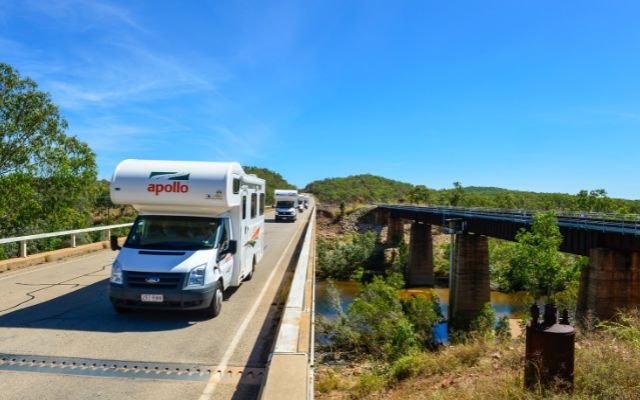
Credit: Tourism NT
Trusted mechanic
Finding a trusted mechanic while travelling can be hit or miss, but there are a number of sources to use to help find the right one.
Word of mouth is the best source. That’s how we found Bruce Sampson at Manta Automotive Services in Adelaide (08 8234 8688). The internet will find local mechanics, but talking to people – usually locals or fellow nomads in the caravan park – might give an insight into what those mechanics are like.
Social media, particularly specific caravan and camping Facebook pages, can also help.
Check out Caravan & Camping Australia, The Best Caravan and Camping Adventures, and more specific groups tied to your own brand of RV, like Jayco Conquest and Optimum Motorhome Owners Group. Social media can be a bit daunting depending on the keyboard warriors, who sometimes feel the need to comment even if they are not helping to solve a problem. Therefore, I start my questions by saying, “Please don’t judge my ignorance and please don’t comment if you can’t actually help”. Just know that there are a lot of kind souls out there with great advice.
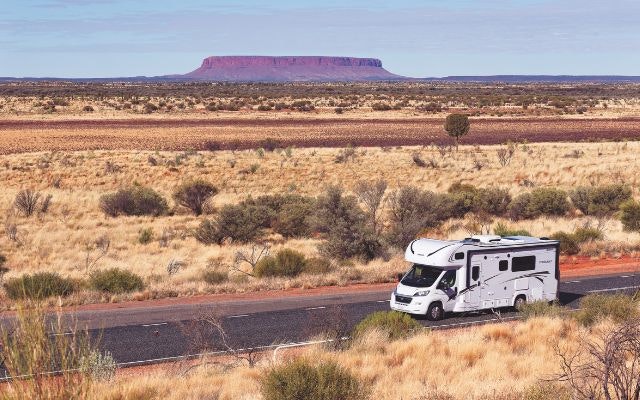
Credit: Grant Hunt Photography
Maintenance tips
Here are some tips on what to do before you set off and while you’re on the road.
- See your mechanic for a service and peace of mind. If you don’t know what you are doing when it comes to what’s under the hood and the chassis, get him/her to check it for you.
- Test everything from your lights, brakes, the electronic stability control, video, and any other technology or connections you have in place.
- Suspension: Inspect bearings, bushes, springs, and shock absorbers.
- Tyres: Air pressure, wheel nuts, and tyre condition all need to be checked—often. Remember the spares and tools for emergencies, like the jack for changing tyres and shovel in case you get bogged.
- Electrical: Check and maintain all electrical connections, including batteries, lights, and appliances. Use the RV control panel to check house battery health.
- Gas: Top up bottles and inspect for leaks.
- Solar: Clean panels and ensure connections are intact.
- Water: Flush the water tank before you leave home and fill with a fresh supply. Replace tap filters if you have them. If not, make sure you have plenty of spare drinking water.
- Bore water: If you have to fill up with bore water at any time, it’s a good idea to flush it out and refill with good tap water ASAP.
- Grey water: How long since you gave your tank a bit of TLC? We use an anti-bacterial sanitising product (like Napisan) to add to the grey water tank. Then, we drive around so it gets a good rumble and wash. It works wonders to stop any bacteria causing bad smells. We also don’t let any food scraps or coffee and milk dregs go down the kitchen sink. A scraper is gold in the gadgets drawer, or you can use paper towel to wipe plates before washing up.
- Fridge: Hopefully, it’s been wedged open while not in use to stop any smells. Switch it on and check that it’s working before you head off. We also take a big Dometic esky as back-up and for fridge overflow … that means we often buy too many fresh fruit and veggies and need somewhere to store them.
- Test heating and air conditioning to ensure they are functioning properly.
- Hot water service: Our hot water tank is tiny, but it still plays an important role when free camping. A short shower is much better than nothing and having hot water to wash dishes is a must for me. Make sure it’s working.
- Filters: Give them a good clean to get rid of dust and prevent rust and mould.
- Awnings: Brush off and air out. If they get wet while you’re away, give them time to dry as soon as you can.
- Weights: Payloads are there for safety reasons. Be aware of your weight restrictions and stick to them to avoid dangerous situations and heavy fines.
- Weatherproofing: Check seals around windows, doors, and particularly the roof. It’s much better to maintain the roof before leaks start. Some people use liquid rubber sealant and thermal coating.
- Generator: Keep up with oil and filter changes, spark plug replacement, and fuel system cleaning.
- Ready for winter: If you live in a cold climate or are heading for the ski fields, protect your RV from freezing temperatures, including draining and bypassing water systems, adding antifreeze, and protecting exterior and interior components.
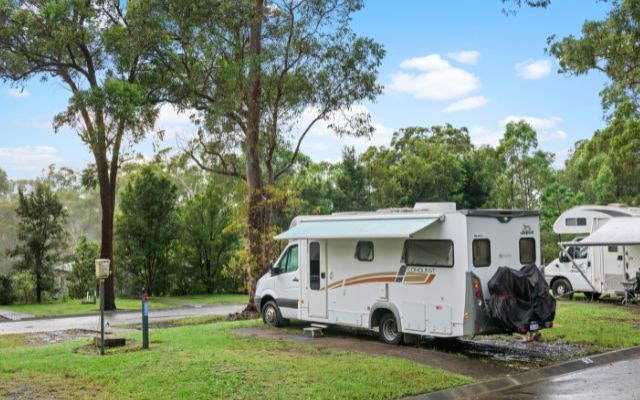
Keep it clean
Sounds like a no-brainer, but some of us need a little prompting.
When you come across a truck-size car wash, give your RV a rinse. It will protect the paint and prevent rust and deterioration … and make you feel better not to be carrying around all that outback red dust. I can’t stand walking on grit, so sweeping or vacuuming (with a stick vacuum) happens at least once a day. Keeping things put away comes naturally. As we all know, in any kind of RV, everything has its place. Especially in a motorhome, it all has to get put away every time you want to move—even if it’s just going to the shop.

Credit: Tourism NT
Be prepared
Spare parts: I know room is tight, but there is always space for spare parts—especially things like tyres (make sure they are also in good order), oil, fuel, belts, hoses, and hose fittings so you can connect into water supplies at caravan parks. I have been known to forget a few attachments along the way, so I’m glad we have an assortment of spares.
Spare water: This is a no brainer when travelling across Australia. You never know what might happen and where you might get stuck.
Safety: Know what to do in case of an emergency and have the necessary equipment to get you out of trouble. Things to consider include CB radios, two-way radios (also a marriage saver when giving caravan reversing directions), personal locator beacons, torches, batteries, first aid kit, and a basic toolbox for minor repairs.
Fire Safety: Equip your motorhome with smoke detectors, fire extinguishers, and a compact first aid kit. Regularly check and maintain these safety items.
Medications: Don’t leave home without them! Make sure you have spares in case you want to extend the road trip.
Google Maps: It’s a fantastic tool while you have phone reception, but did you know you can also download maps to use offline as well?
Who to call in an emergency: In Australia, dialling 000 will get you out of trouble—even if you don’t have phone reception. You will be connected to a Telstra operator and put through to Police, Fire, or Ambulance.
Also good to know is that Google Maps can pinpoint your exact location—even without reception. It can be a lifesaver.
Thinking about buying a caravan? It can be exciting yet daunting. Research is key to finding the right fit for your adventures. Learn more about the process in our guide to buying a caravan.

Credit: Tourism Tasmania
G’Day Parks app
Want to make life on the road easier and cheaper? Download the G’Day Parks app.
It makes finding a park and booking it easy.
The app prompts you to find a park by typing in your destination. Once you enter the dates you need, it will list all available parks nearby. You can filter for the type of accommodation you need, whether that’s cabins or caravan sites, and if you need them to be dog-friendly. If a spot is not available at one park, the list will say if your dates are not suitable and suggest alternative parks nearby.
Once you find the perfect park, select your chosen accommodation, and proceed to the checkout to make your hassle-free booking. If you’re a G’Day Rewards member, you’ll get a discount on your stay.
The app also offers easy access to G’Day Rewards with discounts on everything from fuel to The Good Guys appliances, and extra member points for Flybuys and Velocity Frequent Flyers.
Grab a copy of the G’Day Parks National Guide as well for all the parks, listed state-by-state.


